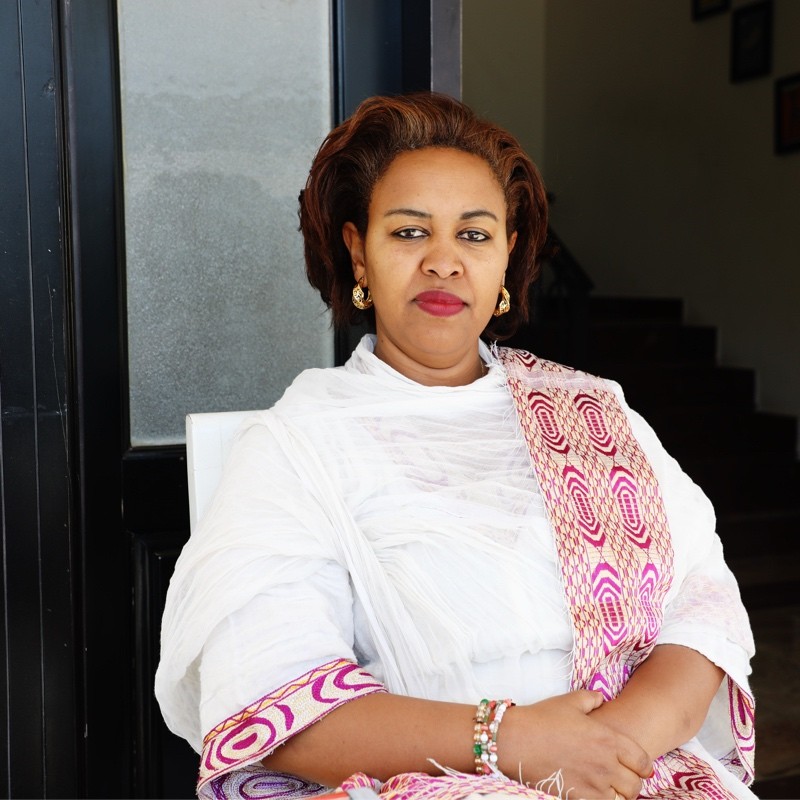
Operations Officer, IFC

Senior Learning Manager, AMEA
We continued the Ethiopian theme as we launched the IFC-Soufflet Ethiopia Case Study which documents the latest phase in IFC’s decade long support to the barley value chain. IFC’s Agribusiness Leadership Program was highly valued but it was the whole package of support that enabled the SMEs to rapidly grow their business.
This package, which included agronomy support and input/output financing, delivered $27 of additional turnover for every $1 invested. Coaching was especially valued and the next phase will use segmentation to ensure training and coaching is more tailored to specific SME needs.Interestingly SMEs clearly indicated their willingness to pay for BDS. IFC also needs to invest further in its’ gender strategy and data collection processes in Phase 2.
"For Ethiopia, malt barley development... where the government is claiming 100% import substitution, it took almost 10 years."
Selamawit Tumebo
One of the key areas of interest was how IFC would use segmentation. Participants were eager to know the strategies and approaches we are employing to ensure effective segmentation.
Another area of curiosity was regarding our use of public extension systems. How was IFC and Soufflet leveraging these systems to enhance our project outcomes?
The effectiveness of our BDS service during the COVID-19 pandemic was also a hot topic. People wanted to know how we managed to deliver these services despite the challenges posed by the pandemic and what measures we put in place to ensure their effectiveness.
Lastly, there was a keen interest in understanding what we learned from Phase 1 of the project and how we are applying those lessons to make Phase 2 even better.
The case study should answer many of these questions.
Day 1
Day 2
We use cookies on our website to give you the most relevant experience by remembering your preferences and repeat visits. By clicking “Accept All”, you consent to the use of ALL the cookies. However, you may visit "Cookie Settings" to provide a controlled consent.